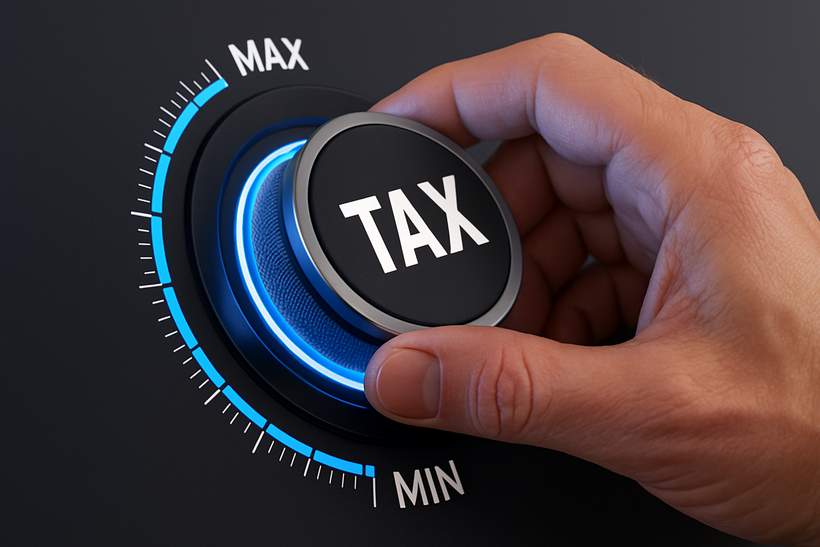Labour MPs Advocate for Higher UK Gambling Taxes to Fund Child Benefit Reforms

Labour MPs Propose Increased Gambling Taxes to Support Child Benefits
A significant group of Labour MPs in the UK, led by former Chancellor Gordon Brown, has put forward a proposal to raise taxes on the gambling industry. The primary goal of this initiative is to secure additional revenue to fund the removal of the two-child benefit cap, aiming to provide better financial support for families.
Substantial Backing Within the Labour Party
According to reports, around 101 Labour MPs, including Alex Ballinger and Beccy Cooper from the All-Party Parliamentary Group, have endorsed increasing gambling taxes. This number amounts to nearly half of the Labour Party’s 235 backbenchers. They emphasize that despite the gambling sector’s rapid growth, it contributes relatively little to the UK economy, partly due to a smaller workforce and many companies being based abroad to reduce tax liabilities.
Details of the Proposed Tax Increases
The supporters have referenced recommendations from the Institute for Public Policy Research (IPPR), suggesting a significant rise in taxes on various gambling activities. The proposal includes raising taxes on online slots, poker, and bingo from 21% to 50%, increasing machine game duties on cash-prize slots and general betting duties on sports betting to 50% (up from 20%) and 30% (up from 15%) respectively. If implemented, these changes could generate approximately GBP 3.2 billion (around $4.3 billion) in additional tax revenue.
Projected Benefits for Families and Poverty Reduction
Proponents contend that the increased tax revenues could eliminate both the two-child benefit cap and the household benefit cap. They argue these changes have the potential to lift up to half a million children out of poverty, improving the welfare of many families across the country.
Government Response and Industry Opposition
In correspondence with Chancellor Rachel Reeves, Alex Ballinger stressed that no child should face poverty while gambling companies profit. He also highlighted the societal costs linked to gambling harms, estimated to be around GBP 1 billion annually. Reeves has acknowledged that reviewing gambling taxation is under consideration and mentioned that a related inquiry was included in her budget plans announced on November 26.
Reeves previously suggested unifying the UK’s gambling tax rates, though this was met with strong resistance from several industry stakeholders. The British Horseracing Authority, for instance, warned that such policy changes could negatively impact one of the nation’s most cherished sports.
Meanwhile, the Betting and Gaming Council (BGC) opposes higher gambling taxes, warning that they might damage the legal gambling market, encourage illicit operations, and lead to job losses.